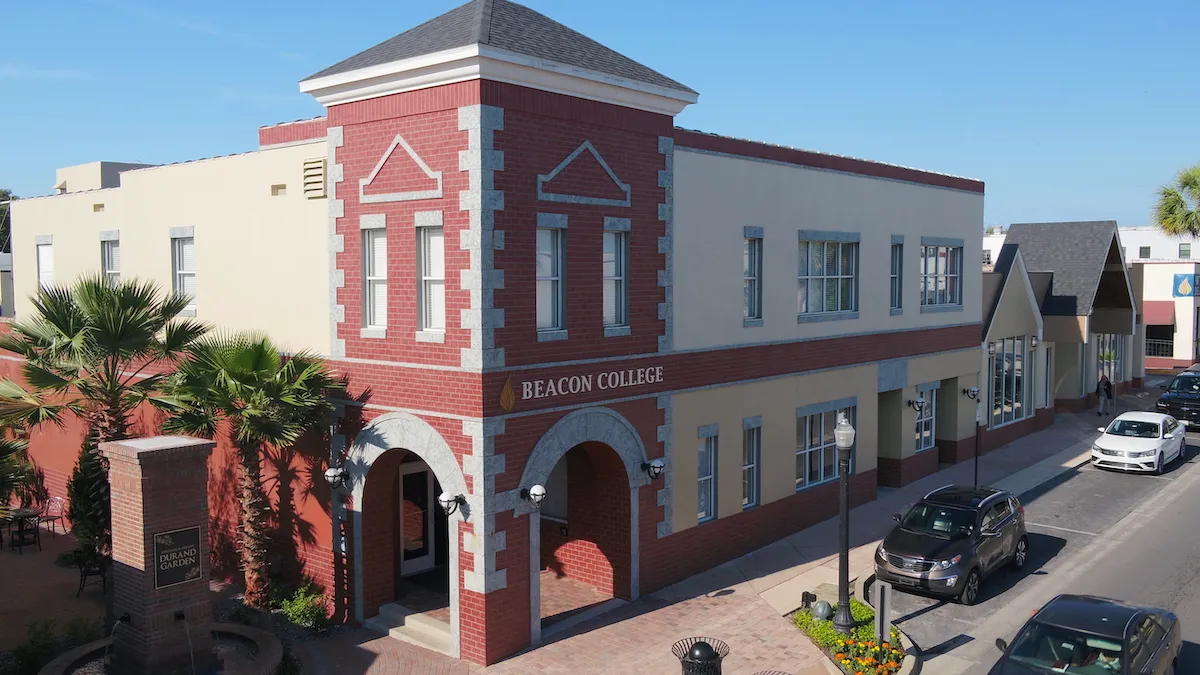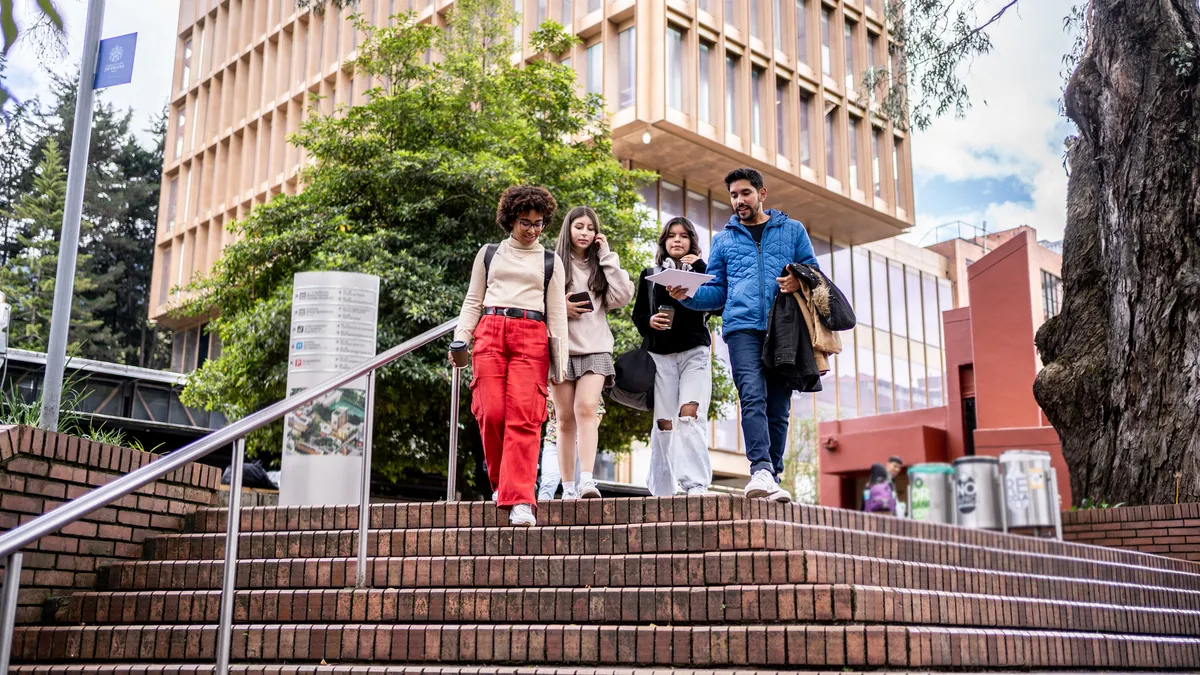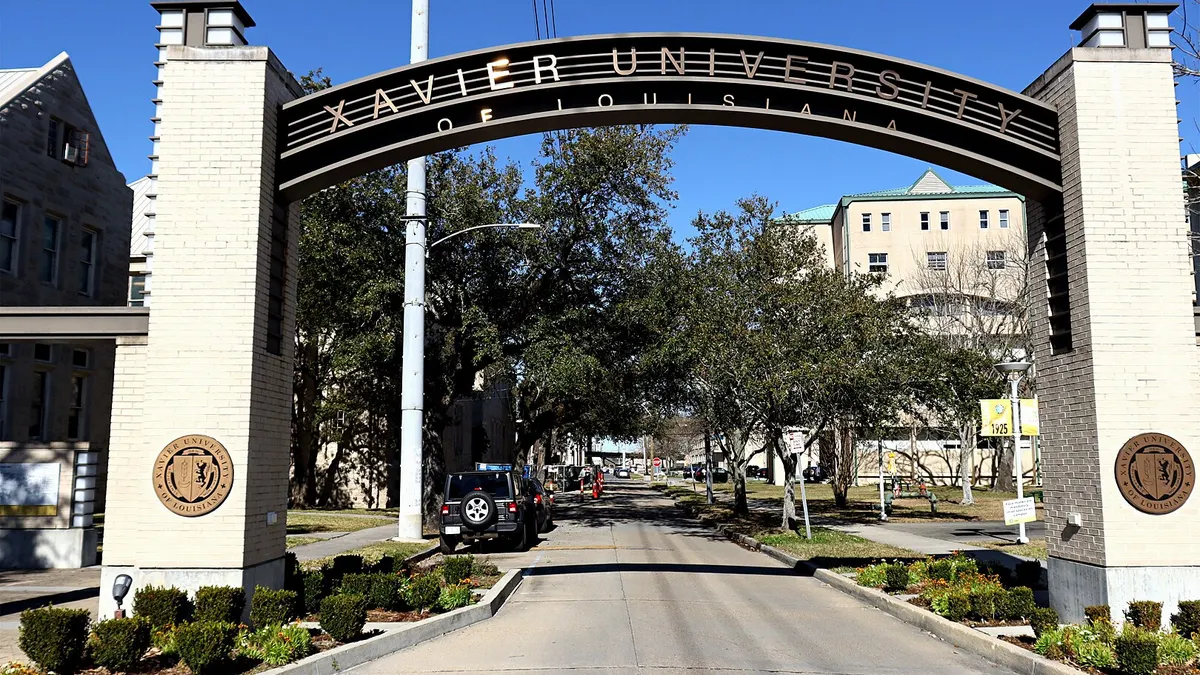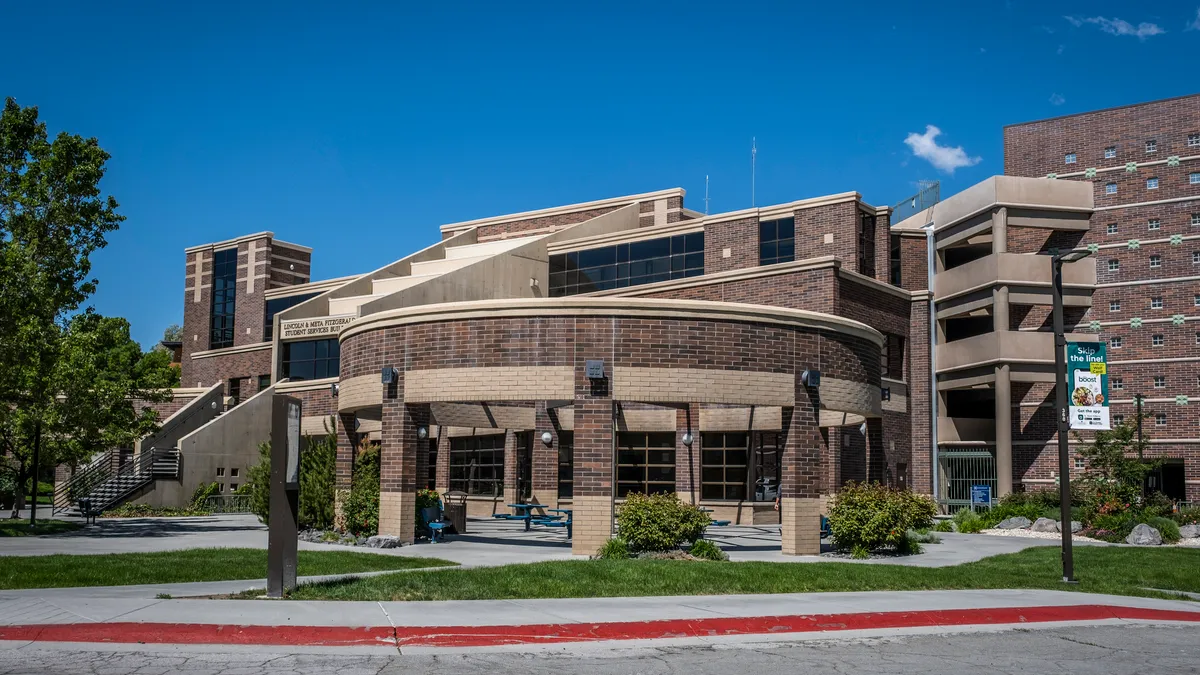Among its numerous other effects, the COVID-19 pandemic underscored the prevalence of accessibility issues within higher education. Because of safety concerns, students attended class virtually, with captioning, recording and text-to-voice options offered proactively at many institutions.
The services did not resolve every accessibility challenge. But the pivot to remote instruction resulted in colleges shifting their approaches to accommodations.
Providing support services became the default for a time, whereas prior to the pandemic, colleges often relied on students to request accommodations instead of taking institutional initiative to identify and remove barriers to their success.
At Beacon College, a 460-student private nonprofit institution in Leesburg, Florida, two- and four-year degree programs are specifically designed for students diagnosed with dyslexia, attention-deficit/hyperactivity disorder and other learning disabilities. College leaders say neurodivergent students' success is their main focus, rather than a secondary priority or afterthought.
Oksana Hagerty, dean of the Center for Student Success at Beacon, shared how her college works to educate students who often get left behind academically, how Beacon navigated the pandemic, and what other colleges might learn from it.
This interview has been edited for clarity and brevity.
HIGHER ED DIVE: Why is it important for neurodivergent students to have a higher education experience built with them in mind?
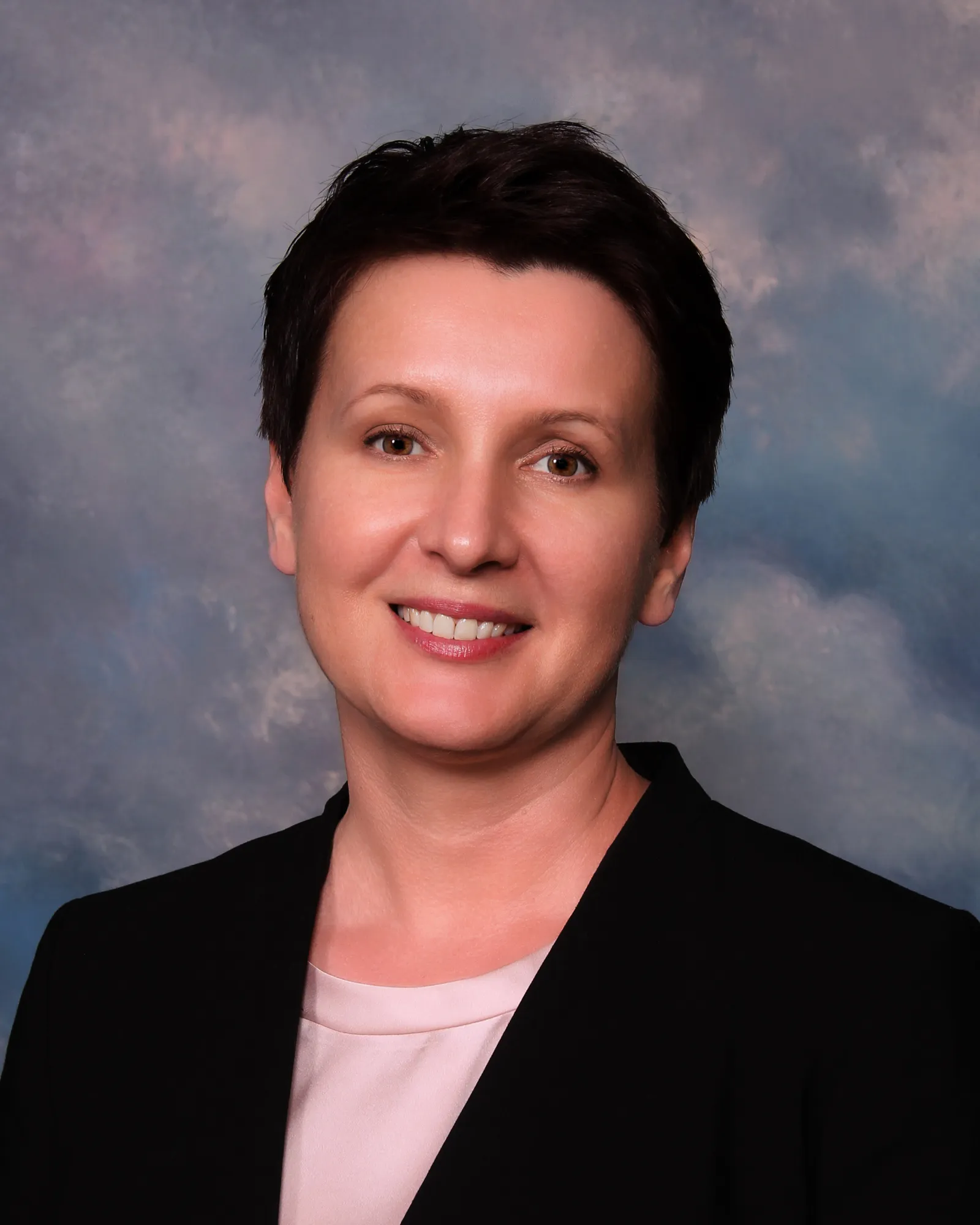
OKSANA HAGERTY: Learning and attention issues don't go away once you graduate from high school. It can seem like that because you transition from an educational setting to a professional setting, but those challenges are still there.
This year, we have a record number of transfer students. Very often, they're told to just go to community college and see if it works. That's probably not very good advice. And don't get me wrong, there's nothing bad to say about community college. But if you go to a college because of the cost or proximity to your home, chances are you will be re-traumatized because you won't be given services.
Students end up wasting time and destroying their GPA, while still needing to go to a school in which services are provided if they want to graduate.
How did the pandemic affect teaching at Beacon? When did students return to the classroom?
We came back to the classroom in the fall of 2020. We just knew that remote won't work for our students. About 40 students engaged remotely because they had conditions that made it too dangerous for them to risk being on campus. And unfortunately, their outcomes were much lower than those students who were learning with masks.
Even those students who were in the classrooms were affected. That was our most difficult semester by far. Any disruption for students with learning and attention issues is difficult because they very much rely on routines.
We just knew that we have to come back and be in the classroom to provide one-on-one instruction in the physical space. There's something about being connected for the students. We are very happy that we didn't move to remote.
What advice do you have for faculty at larger institutions? What actionable steps can they take to help neurodivergent students in their classrooms?
There are quite a few simple ways to make your classroom more accessible. One of them is to provide lecture notes. Another is breaking big assignments into smaller chunks. Instead of just assigning a 20-page paper, we always break it down. Write the introduction, prepare the research, parts like that really help students build the paper. It's still that 20-page assignment, we just chunk it down and grade each piece separately.
How does this help students?
It allows students to see their progress and adjust course as necessary. It also gives them more opportunities to demonstrate their knowledge.
In other schools, there are maybe five grades and the final. Well, suppose you're not strong in presentations and some 20% of your grade is presenting. So you're just doomed? It's not because you don't know the material, but because your knowledge is evaluated based on a modality that you're not good at.
It's very important for students to receive feedback. To that end, our faculty also grades very quickly. If grades are delivered weeks or months later, students don't learn from those. It's very important to grade papers as soon as possible because students can still use your feedback to adjust their behavior.
More grades and grades given immediately are incredibly important, and they're not really difficult to achieve. It takes some desire and consistency, because you have to do it all the time. But it's not a major disruption of the instruction in the classroom.
Does a lack of feedback wear down a student's ability to learn?
Absolutely. I always tell my learning specialists to think about a GPS. Imagine your GPS, instead of giving you directions, was only telling you that you're not quite there yet. That's what grades feel like if they're given the month later.
We want to be a GPS for students. If they make a mistake, we want to recalculate the route and give them a different direction immediately.
How does Beacon reach out to prospective students?
Since we're a fairly unique institution, some traditional methods do not work for us. We communicate with schools individually a lot and participate in conferences. It's especially important with parents, who want to hear the real deal. They want to hear about our services in detail because they've had so many disappointments.
It's really all about the best match. It's very important for us to really explain what and how we do, so that students who attend know what to expect. There's not a one-on-one aide who will negotiate their academic progress with the professor. We do not modify the curriculum because we have to achieve some standards of personal independence and responsibility.
Our job is to create meaningful and sustainable academic progress. It has to be real. They have to be able to transfer the skills they learn at Beacon into their workplace.
Do you see a difference in the classroom between students who received a diagnosis early in life and those who got one later on?
Yes, and mostly because of the access to services. Learning and inattention issues are supposed to be diagnosed during preschool or the elementary school years. Somebody who is diagnosed at the age of 18, they received no services or assistance in school. Everything was one big struggle and the student is discouraged. The student doesn't have the skill that they need to compensate for the challenges that they have.


